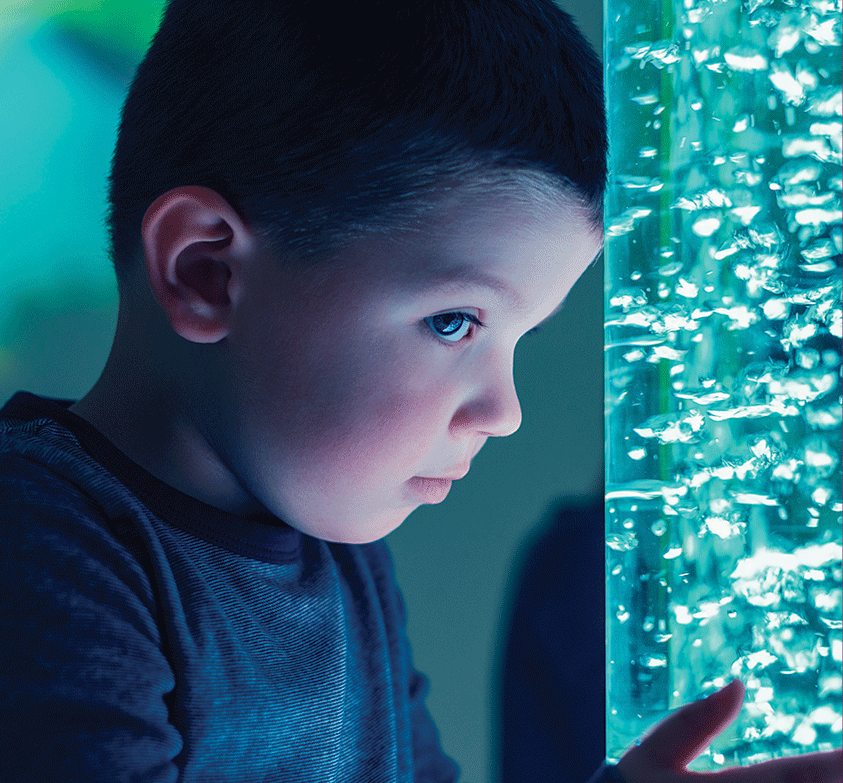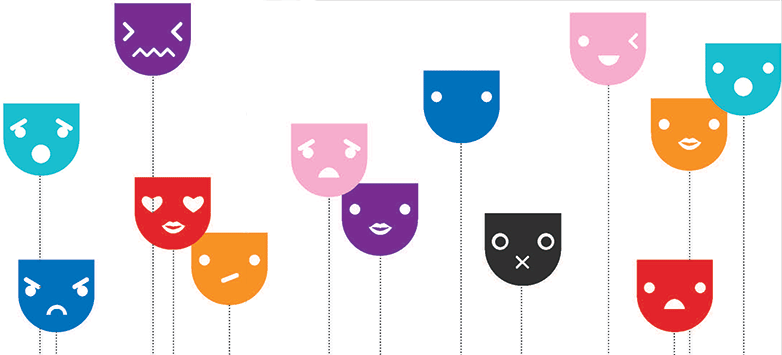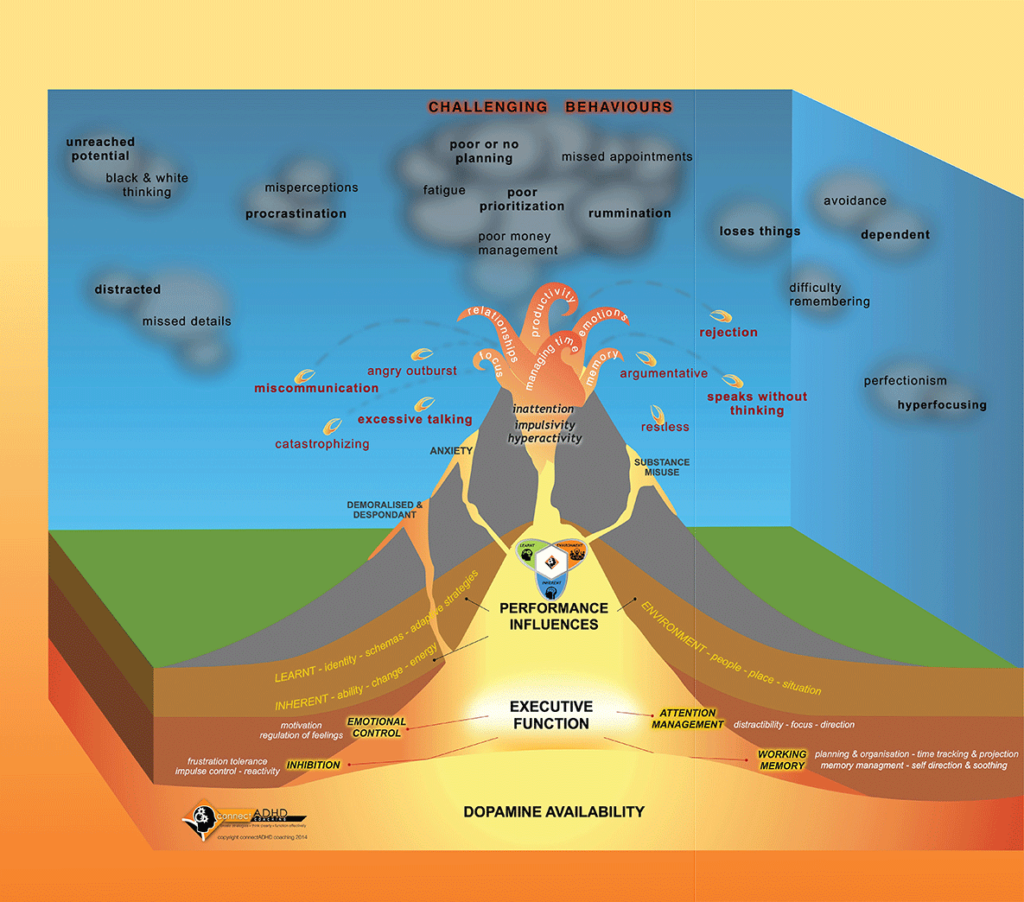Understanding Emotional Development
Strategies Parents Can Use from Toddlerhood through Adolescence Emotions PROVIDE CHILDREN WITH INVALUABLE INFORMATION about themselves, their environment, and their relationship with others in their environment. Developing the ability to identify, understand, and integrate emotional information are critical aspects of emotion development, which when achieved are associated with positive social, academic, and mental health outcomes for…
Read MoreEight Ways to Stop Taking Things So Personally
It’s hard not to take things personally. When someone shouts at you on the road, you feel the sting of their anger. When scrolling through social media, you see a picture of a friend out with your other friends—and wonder why you were not invited. When you write a friend or relative to get together,…
Read MorePAX Tools
PAX Tools are simple, evidence-based strategies that parents and other caregivers can use to help improve children’s self-control and emotional self-regulation skills. Strategies are drawn directly from the PAX Good Behavior Game (PAX GBG) and the publications on evidence-based kernels that are fundamental units of behavior change in humans. The brainchild of prevention scientist Dennis…
Read MoreAdult ADHD and Emotions
Create the Experience That Best Serves You Emotional regulation challenges are common and pervasive with ADHD. These challenges include the more obvious experiences of emotional reactivity: those times when something was said or done that triggered off a spiral of emotion. This can range from the positive, in the form of heightened enthusiasm or attraction,…
Read MoreCalming Down and Cooling Off
Help Children with ADHD Learn to Regulate Their Emotions If you have a child with ADHD, you are probably intimately aware of the fact that people with this diagnosis often have trouble managing their feelings. This difficulty is referred to as emotional dysregulation. For clarification, emotions are physical states whereas feelings are the conscious…
Read MoreEmotion Regulation in Teens with ADHD
Everyone EXPERIENCES A MIXTURE of positive and negative emotions daily. For some people, these emotions—particularly negative emotions like anger, frustration, sadness, and guilt—can be overwhelming. Emotion regulation is a term generally used to describe a person’s ability to manage and respond to an emotional experience in an adaptive way. Emotion regulation is essential for social and…
Read MoreThe Imagine Neighborhood, Where Children (and Adults) Learn About Feelings
Joyce Cooper-Kahn, PhD, interviews Scotty Iseri and Sherri Widen, PhD Imagination and pretend play have long been considered a foundation for the development of behavioral and emotional regulation—see, for example, the work of psychologists Dorothy and Jerome Singer. Both the process of imagining and the specific rehearsal of situations that are part of pretend play…
Read MoreAre You a Hotline Hothead?
How to Call Customer Service You have a customer service issue that you need to resolve by calling the company’s 800 number. This has been difficult for you in the past, as you struggle to regulate your emotions. Your friends and family may refer to you as “reactive” or possibly even a “hothead.” You are…
Read MoreMy ADHD Got Me Fired!
… And How the Right Tools Can Prevent That Outcome Interactions in the workplace can be daunting for many people—difficult supervisors, impossible expectations, toxic work environments that doesn’t foster support and cooperation between coworkers—the list is long. ADHD brings its own set of challenges in the workplace: having difficulty prioritizing tasks, lagging motivation when tasks…
Read MoreUnderstanding Others, Regulating Emotions
Executive Function, Theory of Mind, and ADHD This research update focuses on how executive functioning relates to how youth with ADHD understand others and regulate emotions. There may be a link between executive function deficits and theory-of-mind challenges in children with ADHD. Theory of mind refers to the ability to infer other people’s emotions, intentions,…
Read MoreImproving Anger Behavior
“I think the issue is we really don’t communicate, even with ourselves, to know what we need in our world, or we don’t communicate well enough with others to tell them what we need and how we can each help to make each other’s worlds better,” says Dayle Malen, LCSW, MEd, a therapist based in…
Read MoreUnderstanding Meltdowns: The ADHD Volcano Model
A MELTDOWN CAN SEEM TO COME OUT OF NOWHERE. It’s one of the challenging or explosive behaviors we see in those who have ADHD. Sometimes it appears as poor self-esteem, yelling, rage, or tears. But sometimes the challenging behavior is your own in reaction to your spouse, child, sibling, or friend who has ADHD: “Why…
Read More











